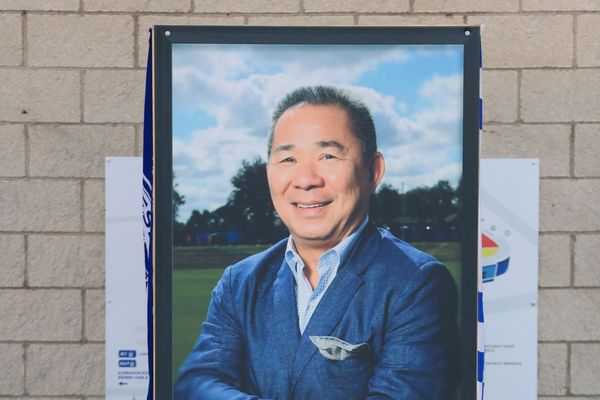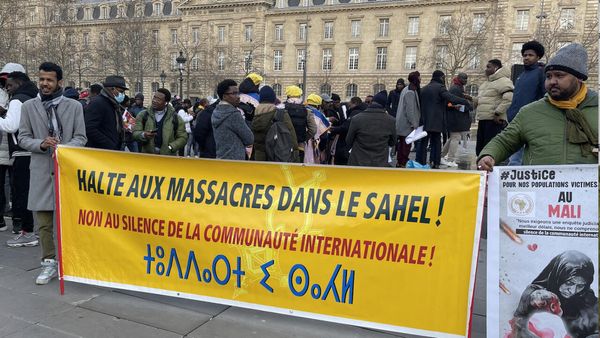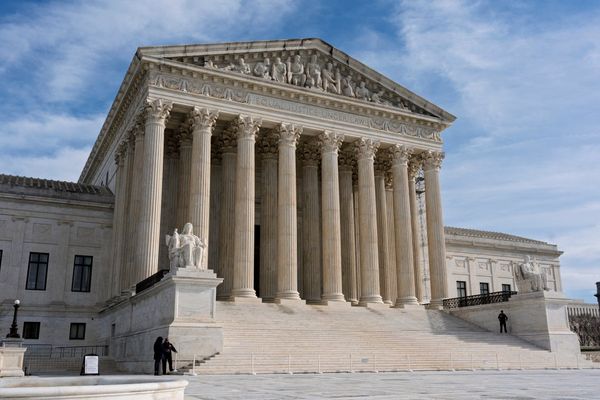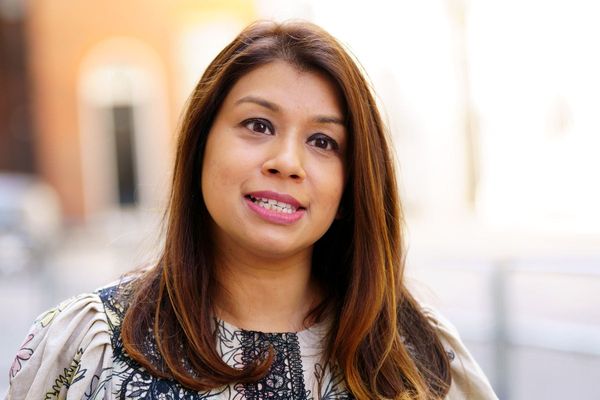
RAMALLAH, West Bank—Saeb Erekat, the untiring Palestinian peace negotiator, believed until his dying day in an Israeli hospital this week that only diplomacy would solve the Middle East conflict and lead to the establishment of a Palestinian state alongside Israel. It was not an easy path to take, both because of Israel’s intransigence and because after years of fruitless negotiations, many Palestinians turned against the peace process—and its negotiators. Still, Saeb, who had a sharp tongue and a quick wit, and who was my friend, remained unflinching.
I met Saeb in Jerusalem in 1983, upon his return from doctoral studies at the University of Bradford in England. Right away, he impressed me with his eloquence, commitment, and energy, and I was glad he had come back to join our struggle for independence. Saeb was from Abu Dis near Jerusalem, born 12 years before the start of the Israeli occupation. He left for the United States when he was 17 to attend college, and in 1979 obtained his master’s degree in political science from San Francisco State University. His PhD focused on peace and conflict studies.
In the West Bank, he settled into his job as a lecturer in political science at An-Najah National University and a writer for , the local newspaper with the widest distribution. He also served on its editorial board.
By the late 1980s, Saeb had become active in the First Intifada, a popular Palestinian uprising that included protests, boycotts, and general strikes. Israel placed him under house arrest and banned him from travelling abroad. But the opportunity for Saeb to use his talents came just a few years later when he joined the Palestinian delegation to the Madrid International Peace Conference in 1991. With his flair for drama and his keen sense of public relations, Saeb showed up at the sessions wearing a checkered keffiyeh headdress, a Palestinian national symbol. The Israeli delegation strongly objected and threatened to boycott the conference unless he took it off. Saeb ended up winning this first symbolic victory, drawing attention to himself in the process.
During the negotiations that ensued in Washington, D.C., I worked as a legal advisor to the delegation and observed his hard work and his commitment to learning the craft of politics. Among other things, he was tasked with monitoring Israel’s negotiations with Syria—whose representatives took a tough line with Israel. He drew lessons from the experience that would help him in his own interactions with Israelis for decades to come.
Like other members of the Palestinian delegation to Washington, Saeb was kept in the dark about the secret backchannel taking place in Oslo between Israel and the PLO starting in late 1992. He came to know that a deal was reached in the summer of the following year, while on his way to Washington for another session of the formal talks. Being out of the loop came as a blow for Saeb, but the bigger disappointment was discovering that the Oslo Accord failed to include a freeze on settlement construction in the West Bank and Gaza. For the Washington delegation, a freeze had been a precondition for any deal. Still, he accepted the interim deal as a starting point, telling the Guardian newspaper at the time: “We have only begun. It is a time to plan, to work hard and to tighten our belts. We cannot afford to fail.”
And work hard he did. Saeb was appointed chairman of the Palestinian team negotiating with Israel in 1994. When the Palestinian Authority was established, he served as a minister of local government and later as secretary general of the PLO’s central committee. He was elected twice to the Palestinian parliament as a representative of his home district in Jericho. He had moved to the desert town because the dry climate and the abundance of oxygen helped ease his medical condition: pulmonary fibrosis.
Over his long career as a diplomat, he met with heads of states and dignitaries from around the world. He could be conciliatory, but also knew when to stand his ground.
In recent years, Saeb headed the High National Committee to Follow up on the International Criminal Court, a PLO body that aims to bring Israelis accused of war crimes to justice. To date the committee, of which I am also a member, has failed to deter Israelis from violating human rights with impunity. In June of this year, Israeli police shot dead Saeb’s nephew as he approached a checkpoint near Bethlehem.
Yet Saeb soldiered on, despite the futility of negotiations with Israel. He managed to maneuver the often-chaotic state of Palestinian politics and the aggressive policies of the seemingly eternal Israeli leader, Prime Minister Benjamin Netanyahu. Erekat continued meeting with Israelis even as Netanyahu’s successive governments built more and more homes in Jewish settlements in the Occupied West Bank, with the goal of foreclosing on a Palestinian state.
When President Donald Trump moved the U.S. embassy to Jerusalem in 2017, recognizing the city as Israel’s capital, Saeb’s faith in a diplomatic solution finally wavered. He told the left-leaning Israeli newspaper Haaretz: “The two-state solution is over. Now is the time to transform the struggle for one state with equal rights for everyone living in historic Palestine.” But even after this setback and the Israeli threat to annex parts of the West Bank, Saeb continued his involvement in efforts to bring about a two-state solution.
In his book, Imam Ali Bin Abi Taleb and Negotiations, Saeb wrote: “Ali stresses patience and perseverance as a main pillar for communication and negotiations among people. Patience is also one of the pillars of faith and the way to victory. In fact, it is the beating heart of politics and relations among people and nations.”
He certainly had both patience and perseverance, but his health deteriorated in recent years. In 2017, he underwent a lung transplant and earlier this year he was diagnosed with COVID-19. He died of COVID complications on Nov. 10.
Saeb was a few years younger than me. His death is a painful reminder that members of my generation who worked hard to achieve a Palestinian state may never see their dream realized. It should also be painful for Israelis. The demise of a man so thoroughly committed to a negotiated peace agreement is a tragedy for them as well.







